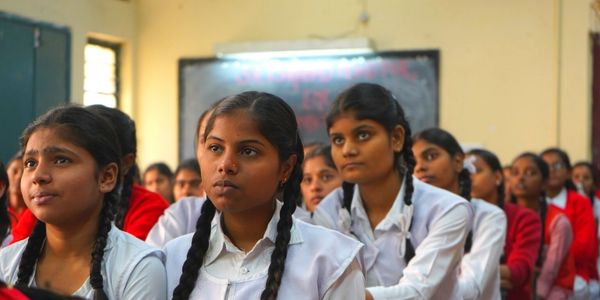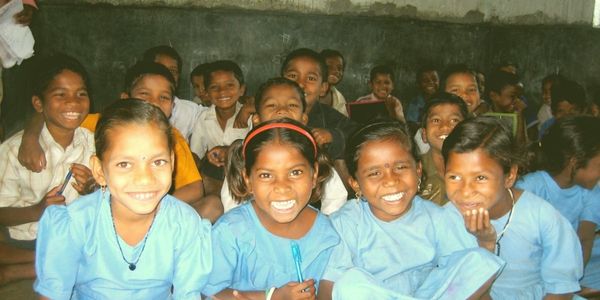On International Literacy Day, BT decided to listen to Kumar (name changed) who is a language expert working in the Indian State of Odisha. For the last six years, Kumar has been working to enhance the literacy capabilities of tribal communities.
BT: Can you describe for our readers what is the basic purpose of literacy and its significance?
Kumar: The traditional understanding of literacy is to help people speak, read and write in a language. The fundamental and traditional purpose of literacy initiatives is to support people to communicate effectively, understand the message, as well as perceive and discern the message that is being communicated.
However, contemporary understanding is different from the earlier understanding. Now the scenario is more about the protection of Minority Languages and sustaining communities who speak these minority languages.
BT: What has been your experience in the area of literacy?
Kumar: I am involved in Literacy Programs for more than five years. People prefer their mother tongue to the state language. And therefore, in our literacy classes, we teach people their tribal dialect. Next, we introduce the state language Odia (Rajya Bhasa) through their native dialect.
The Government has also initiated to provide literacy programs for students in the mother language (tribal dialect) and then provide bridged learning for them to pick up the state language (Odia). In this way, they can better understand the State language as they learn it through their heart (mother) language.
BT: What has been the impact of the literacy program?
Kumar: Let me give you an example from one of the literacy projects I am involved in here, in Odisha. Like I told you earlier, the local community here speaks in a distinct tribal dialect. They find it difficult to converse in Odia which is the State language.
Most children are unable to learn well in Odia. They easily get discouraged and stay away from school. Can you believe that the percentage of school dropouts was as high as 50%? But, when they started reading and writing in their own mother tongue, they were very eager to learn and showed much interest as well.
BT: How are literacy and education connected?
Kumar: Literacy and Education are interconnected. In fact, one is dependent on the other. Literacy learning is the initial step to learning a language. One can go beyond this and acquire many other skills like Education.
Education broadens one’s worldview and enables you to become market ready or secure a profession. But, literacy provides the first step to this.

BT: What are the specific challenges you encounter?
Kumar: Many do not understand the importance of literacy. Some of them have asked me, “If I become literate (am able to read and write), what will I do? If I read and write, what more will I gain?” Unfortunately, this prevailing mindset among the people is wrong.
So, we conduct field research in villages and then tailor-make literacy programs according to the specific needs of the people. In this way, we are likely to improve the literacy rate thereby leading people to progress.
BT: How do you see the future of literacy?
Kumar: The way forward for literacy to make inroads is through Digital literacy and Need-Based Literacy which has become inevitable in the postmodern era. This can further improve some challenges of the many minorities community speaking languages and cater to a number of odds that cripple the society.
Literacy can lead people on the right path to a better future. It can serve as a tool to protect the dignity of marginalized communities and minority languages. Literacy is the link that opens one to a world of possibilities but understanding and communicating in one’s heart language is the indispensable truth that can give you dignity and a sense of contentment.
Image by AkshayaPatra Foundation from Pixabay; Photo by Yogendra Singh on Unsplash; Photo by RegentsPark on Wikimedia Commons








